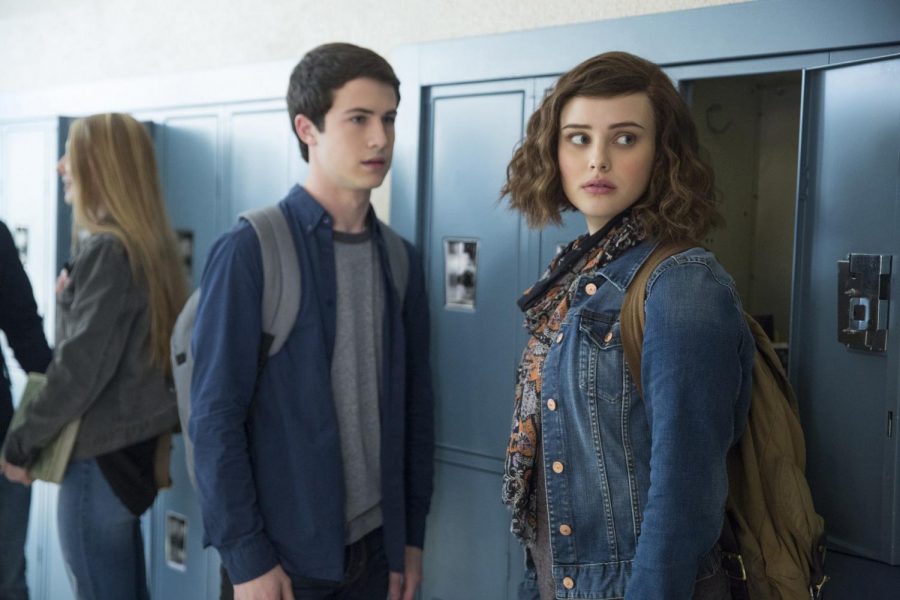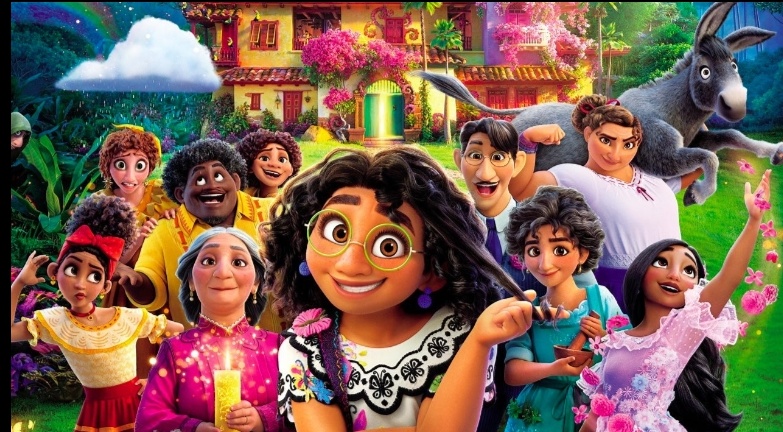WARNING: This article makes reference to suicide, self harm, eating disorders, sexual assault and violence.
A small announcement before reading: By no means am I trying to be insensitive or to trigger someone. Yet this is a serious topic, and hopefully people will realize that quite a few things are very wrong and are harmful to post or say, especially if a person has no idea what they are talking about and only want to try to fit in. For more context, mental illness and trauma should not be portrayed as something interesting, and certain content in the media needs to go, because it doesn’t spread awareness but only misinformation.
Nowadays, many people are diagnosed with mental illnesses or disorders, and these disorders often get in the way of these people’s everyday lives. Since these disorders, and the people that suffer from them, are often demonized, people have recently been using social media platforms to spread awareness on these struggles, especially how to healthily cope with them, or how to help others.
Yet other people use social media to romanticize mental illnesses and trauma, and they make it seem like they are personality traits. They portray these conditions like they are something desirable, because they make a person seem more interesting. Like they give a person more character.
However, this notion is wrong and dangerous, because it can promote harmful behaviors, and it invalidates the everyday struggles of mentally ill people, who know that mental illness and trauma are not desirable, quirky, romantic or cute.
There are many movies and books that portray a character as a “manic pixie dream girl”, or the character in a romance film may only exists to provide the protagonist with some important life lessons. This character inspires the protagonist to “enjoy every small detail of life”, while she herself goes through some type of illness or disorder and ends up dying for the sake of the plot.
A good example of one of these movies, that makes trauma and mental illness seem like it gives you life lessons, is All the Bright Places on Netflix. Even though the manic character in this film is not a girl, he still ends up being portrayed as mentally ill.
Films and books are only the tip of the iceberg, though. There are the Tumblr kids years ago, and a lot of them had blogs dedicated to “thinspo”. This term is short for “thinspiration”, which is a pro-anorexic “aesthetic” that promotes eating disorders as an option for losing weight. These blogs were motivational but obviously extremely unhealthy.
And let’s not forget the glorification of self-harm scars and how many people were posting and showing off the results of their “cutting”, as if they were personal accessories, like tattoos. Self-harm is an unhealthy and dangerous coping mechanism, but these people sought to promote it. A lot of alternative people only self-harmed, or used their scars and bruises as an aesthetic, not even because they were coping, but because they wanted to fit in.
Speaking of fitting in, a lot of people on the internet see the words “mommy/daddy issues” and have run with it, when they feel attracted to an older person. People will often comment under posts about old actors and actresses by stating, “My daddy issues are making me act up.” No, you just think they’re attractive.
Since these words are very sexualized, let’s use a more correct label: parental issues. Yeah, when you have a bad relationship with your parent(s), most of these issues have a lot to do with a bad childhood or a lack of emotion at home. So while having parental issues may cause a person to look for a parental figure in another older person, there is way more than that involved.
Last, but certainly not least, another disgusting way that the media represents trauma is through the romanticizing of sexual assault. In several films and books, it is seen as a way to keep the romance plot going.
A famous example is Hannah Baker’s confession on one of her tapes, in the first season of Thirteen Reasons Why, and the dreaded mop scene. This series was trying to spread awareness about suicide and other issues that a lot of young people go through. It was meant to be seen by mature people who could help kids and each other, and it was not supposed to be accessible to children, because it was almost glamorizing suicide in the media. In the end, this series actually did more harm than good.
There are also the scenes in certain movies where a girl gets harassed or cat-called, or she is being held against her will and maybe kissed. Then suddenly, here comes the knight in shining armor to help her (which by the way, is a good thing).
But then the girl, who has just suffered a terrible assault, looks into the eyes of her rescuer, and then they make out. That’s it. That’s the plot. They’re friends and he’s the nice guy and the hero, but his love interest just lived through something traumatic.
This poor girl was over here being harassed and the first thing they do is make out? Confess their love under the stars? That’s the most harmful thing for a boy to expect after he has helped someone. You’re supposed to help them because you care, and not because you expect a love confession after you do.
I could write a ten-page essay on this. But I won’t. (Or maybe I will, who knows?) The point is that there are people in real life who go through awful experiences, and who struggle with awful feelings and thoughts and being demonized their whole life. And there are also writers and filmmakers who profit off of making content that invalidates and harms the people who go through this. They further encourage the idea that having a trauma in your life can help you have a love-life, because it gives you a personality and it makes you more interesting.
This kind of storytelling is harmful, condescending and reductive. It does not show or spread awareness of how ugly and scary and lonely it can be for someone who suffers through the things that others may idealize and glorify.
This trend has to stop. And you can help by refusing to stream this programming and by calling out these posts when you see them.












